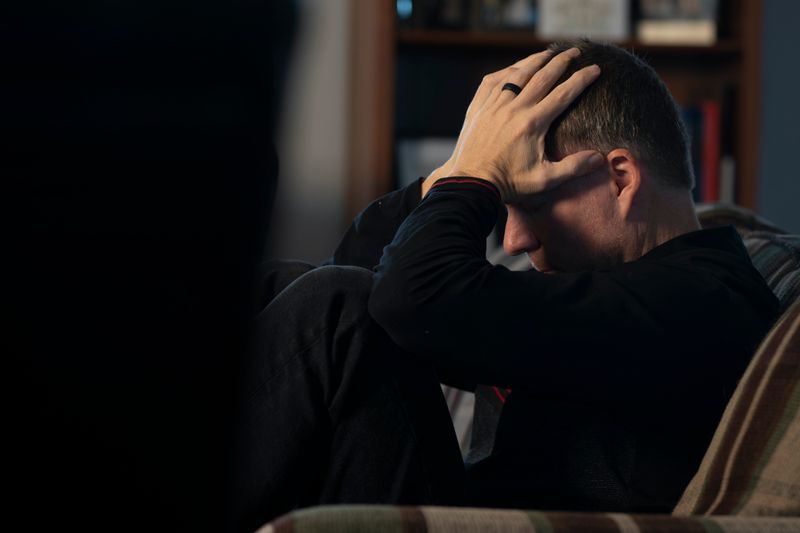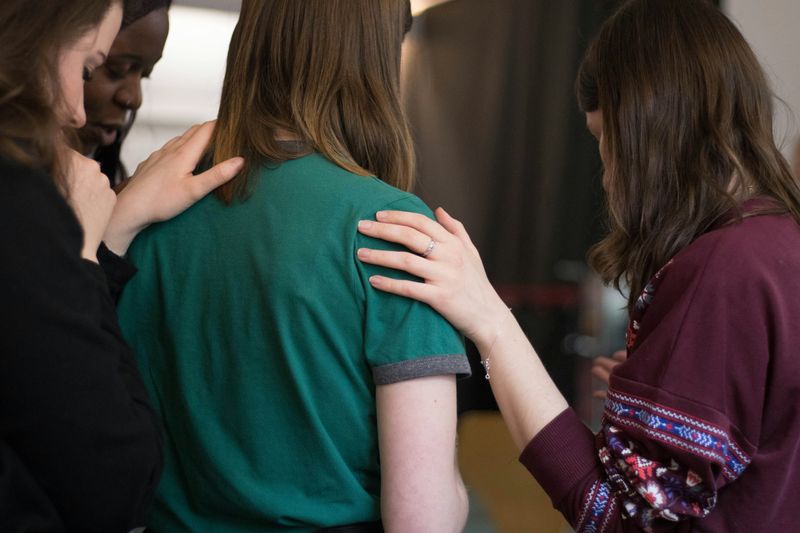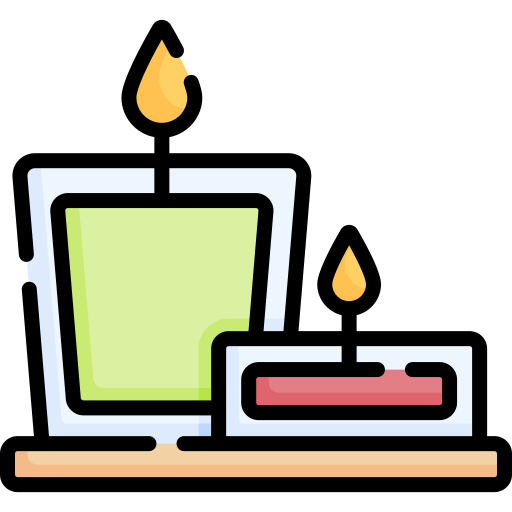Have you ever experienced a loss that made you feel alone?
It was likely a disenfranchised loss, a loss that is "unrecognized" or "minimized" by broader society.

Or have you experienced a loss that confused you?
That was likely an ambiguous loss, a loss that lacks "a clear conclusion or closure."
These are difficult losses to manage, so it's important to acknowledge them and learn healthy ways to cope. Your long-term mental health will thank you! 🩵
Did you know?
Differences
It can be hard to tell the two types of losses apart, so it's helpful to differentiate them using examples.

Disenfranchised loss (minimized by society)
The death of someone you've been estranged from
Setting aside long held plans and dreams
Ending a close friendship
Ambiguous loss (lacks clarity or closure)
Losing an emotional connection with someone who's still physically present
Mourning a missing person
Managing chronic health issues
Quiz
Imagine you have a parent who struggles with addiction and recently relapsed. What type of loss might you feel?
Signs
Both types of losses result in complicated grief, which is known to bring about complex emotions such as:
Shame about the "inability to move forward"
Guilt that you couldn't or can't do more to prevent the loss
Loneliness from an inability to connect to others like before
Bitterness that there doesn't seem to be an end to the pain

Thankfully validation helps manage the intensity of these emotions. 🙏
Validation
Sharing your story with a compassionate person can feel validating. Self-validation can be a good first step before reaching out to others.
You can practice self-validation in these ways:
Be mindful of your emotions
Acknowledge the source of your emotions
Validate your experience using validating statements

Quiz
What would be a validating phrase to say to yourself if you were experiencing chronic health issues that left you uncertain about your future?
Subscribe for more quick bites of learning delivered to your inbox.
Unsubscribe anytime. No spam. 🙂
Coping Methods
Although validation is a necessary first step in the healing process, there are some helpful coping methods that go alongside it. The Mayo Clinic and Positive Psychology suggest a few:

Plan how you'll spend difficult dates (anniversaries, birthdays, etc.).

Consider performing additional ceremonies to bring closure.

Explore new activities solo or with family/ friends.

Find meaningful activities to help renew your life's purpose.

Share your experience and the memory of your loved one with someone you trust.

Give yourself all the time and space you need to heal.
Take Action

Check out more Bytes on this topic:
Your feedback matters to us.
This Byte helped me better understand the topic.
